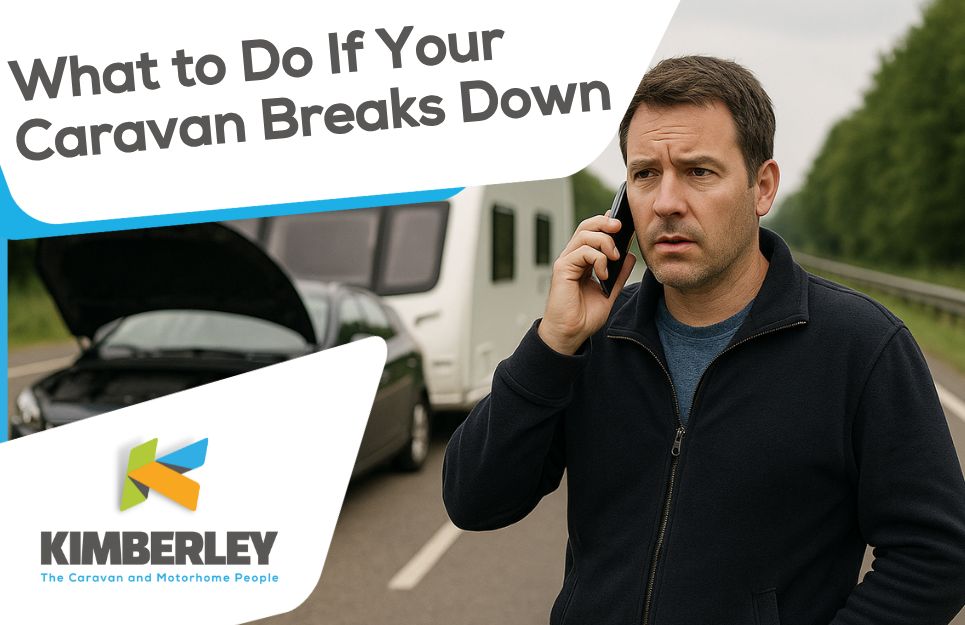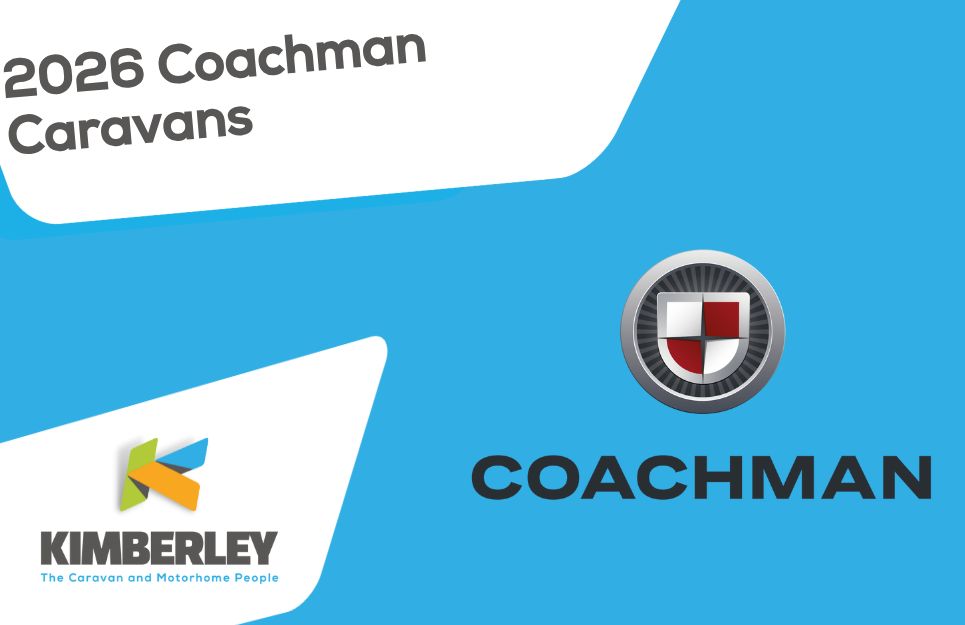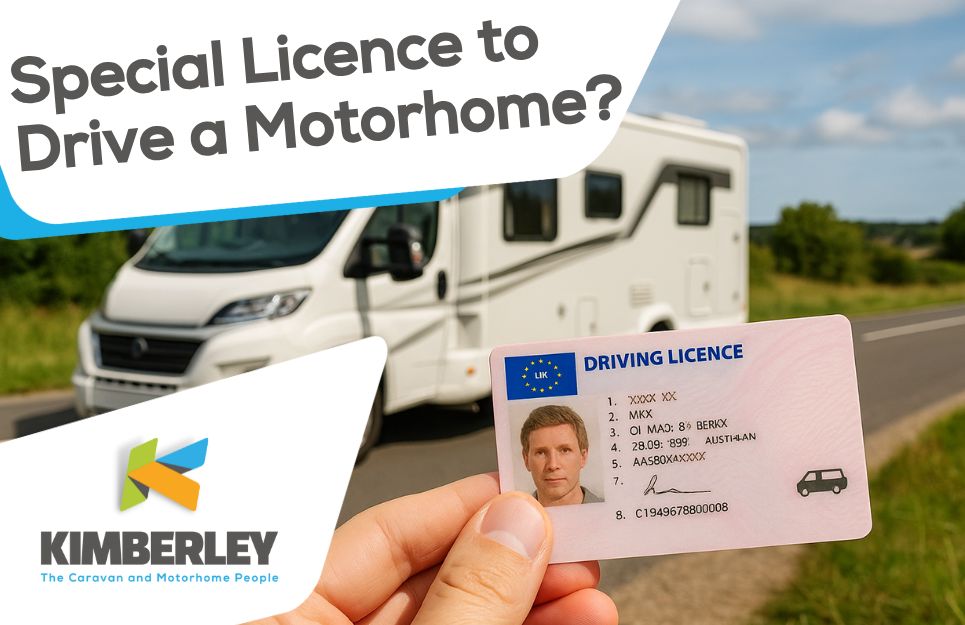
You're cruising along the A303, maybe humming to something on Radio 2, and then—bam. A strange noise. Maybe a bit of wobble. And suddenly, the holiday starts to feel a bit… tense.
Whether it's a burst tyre near Bodmin or a brake issue just outside the Lakes, a caravan breakdown can feel overwhelming. But here’s the good news: you’re not powerless. With a bit of preparation and a level head, you can handle it.
Let’s walk through what to do—without the panic.
The moment something goes wrong, your job is simple: get everyone safe.
If you're towing and feel something off (a pull, a loud pop, odd steering), slow down smoothly—no harsh braking—and try to pull onto the hard shoulder or into a lay-by. Put your hazards on straight away.
Once stopped:
Turn off the engine and keep the hazards on.
Exit the vehicle carefully, ideally on the passenger side away from traffic.
Use a reflective vest if you have one and place your warning triangle (if it's safe to do so—never on motorways).
If you’re on a motorway, call for help from behind the barrier. Don't attempt any repairs there, not even to check what’s wrong. Motorway traffic moves fast—and it’s unforgiving.
Here’s where future-you will thank present-you. A small box of essentials can turn a breakdown from disaster into just a bit of an inconvenience.
Consider keeping these in your caravan or tow car:
Heavy-duty torch (with working batteries)
Jump leads or a compact battery booster
Tyre inflator or sealant (temporary fix, but better than nothing)
Wheel brace & jack (if you know how to use them)
Tow rope
Basic toolkit (screwdrivers, spanners, duct tape—the holy trinity)
High-vis vests & warning triangle
Water and snacks (because waiting hungry with kids is its own kind of nightmare)
A paper map – yes, really – mobile signal isn’t guaranteed in the Dales
You don’t need to carry the whole garage with you. Just enough to stay warm, visible, and a bit more in control.
If you’ve broken down and you're not covered, finding a reliable repair service mid-journey can be a bit of a minefield. But if you are covered? Even better.
Here's where it gets a bit muddy. Not all breakdown cover includes caravans automatically. Make sure yours does. And double-check:
Are you covered for towing a caravan of your size?
Will they recover the car and the caravan together?
Do they offer assistance at campsites or off-road locations?
Some of the big names—like Green Flag, AA, and RAC—do offer caravan-specific add-ons. There are also niche providers like Mayday (via Caravan and Motorhome Club) or Red Pennant (via the Camping and Caravanning Club) that cater directly to tourers.
If you’re not already with one of these? It’s worth a serious look—because waiting three hours on a back road near Whitby with zero mobile signal is no one’s idea of adventure.
Sometimes, yes. If it’s something minor like:
A blown fuse (easy to carry spares)
A flat leisure battery (can be jump-started)
A loose wire or plug
A stiff handbrake on the caravan (happens after winter storage)
Other times? Not a chance. Suspension failure, axle issues, or brake problems need a professional.
Just remember: never attempt anything that puts you—or anyone else—at risk. If you're not 100% sure, stay safe and wait.
Caravan insurance isn’t a legal requirement in the UK, but breakdown cover alone might not protect you from costs if your caravan’s damaged while being recovered.
A solid insurance policy should cover:
Recovery or onward travel
Damage during transit
Emergency accommodation
Theft or vandalism while on the road
If you’re touring regularly, especially with a newer or pricier van, insurance gives that little mental buffer that can turn “this is a nightmare” into “well, at least we’re covered.”
You know what? Most caravaners will break down at some point. It’s just part of the journey. But how bad it feels? That comes down to what you did before the trip even began.
Here’s a few habits that pay off:
Pre-journey checks – tyres (car and caravan), brake lights, hitch, number plate
Servicing – yearly caravan servicing keeps things ticking, and catches the little things early
Spare parts – carry a spare breakaway cable and light bulbs
Yes, it’s a bit of faff. But nothing compared to the headache of a breakdown you could have prevented.
A caravan breakdown doesn’t have to ruin your trip. It might throw the day off course, sure—but with the right cover, a bit of kit, and a cool head, you’ll bounce back.
And let’s be honest—some of the most memorable trips? They start with a hiccup and end in a story.
Just make sure yours comes with tea, a working phone charger, and a support number on speed dial.
.png) 21/07/2025
21/07/2025
Raffle winners from our Summer Showcase event 2025.
 09/07/2025
09/07/2025
If you’re thinking about upgrading your tourer, you’re probably already asking the same question as countless other enthusiasts: when are the 2026 Coachman caravans going to be available to order?
Coachman is famously discreet with exact launch timings, but if you’ve followed their seasonal pattern over the years, you’ll know there’s a clear rhythm to how these releases unfold. So, while we’re all waiting for official confirmation, here’s what typically happens—and what you can expect this year.
 05/06/2025
05/06/2025
You’re standing in front of a beautiful motorhome. Maybe it’s a sleek Swift Voyager or a big coachbuilt beauty you spotted at a dealership. You can already smell the bacon frying on a misty Lake District morning. Then reality creeps in—hang on, am I even allowed to drive this thing?